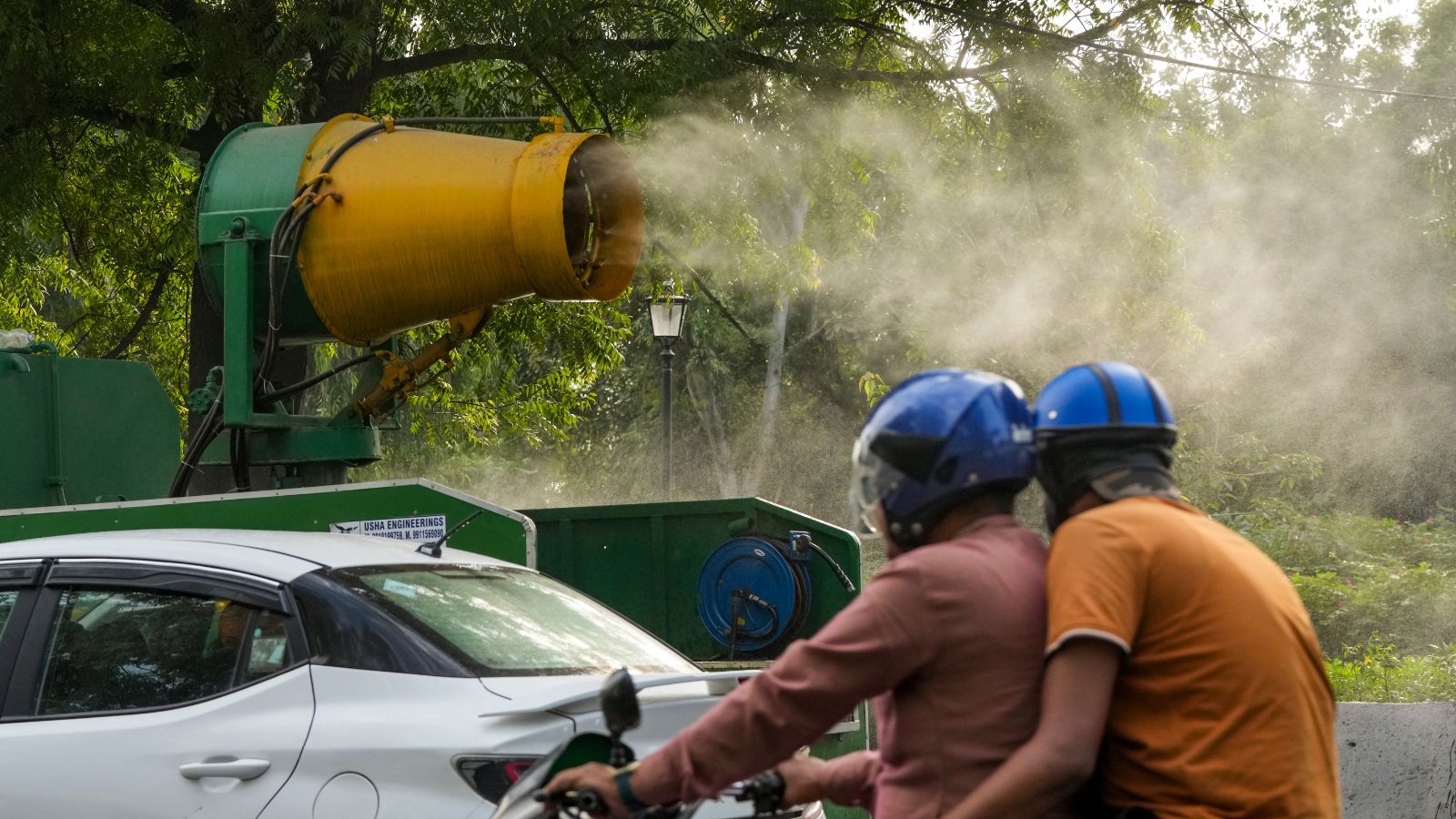 |
|
Delhi's air quality took a turn for the worse, moving from 'moderate' to 'poor' on Sunday, October 15, just a day after the Dussehra celebrations. This late arrival of 'poor' air quality in October is a welcome development, as it marks the most delayed occurrence since 2015, excluding the pandemic year of 2021. The city's Air Quality Index (AQI), which had remained in the 'moderate' category until the previous day, reached 224 on Sunday, according to data from the Central Pollution Control Board (CPCB).
Looking back at previous years, Delhi experienced a 'poor' AQI of 212 as early as October 6 in 2023. The following year, 2022, saw the AQI dropping to 211 on October 5. The pandemic year of 2021, however, saw a delayed 'poor' AQI of 284 on October 16. Data from the CPCB is only available from 2015 onwards.
Forecasts by the India Meteorological Department (IMD) and the Indian Institute of Tropical Meteorology (IITM) Pune predict that the overall AQI will soon return to the 'moderate' category. The IITM forecast suggests 'moderate' air quality levels until Wednesday. The IMD's seven-day outlook predicts a partly cloudy sky on Monday, followed by mainly clear skies for the rest of the week.
In response to the current air quality situation, the Commission for Air Quality Management (CAQM) announced that it will closely monitor the situation for at least a day before implementing Stage I of the Graded Response Action Plan (GRAP). GRAP is a set of measures designed to combat air pollution in the National Capital Region (NCR) and surrounding areas. The commission noted that episodic events caused an increase in Delhi's AQI from Sunday night until noon. However, pollutant concentrations are showing a declining trend, and the AQI is expected to improve further.
Delhi Environment Minister Gopal Rai made a statement on Sunday, claiming that Delhi enjoyed clean air throughout the day despite the Dussehra celebrations the previous day. He highlighted that Delhi has experienced 200 days with 'good', 'moderate', and 'satisfactory' air quality this year up to October 12. This positive trend suggests a potential improvement in pollution levels in the coming months. He urged citizens to download the Green Delhi App for continued support in maintaining air quality.
Despite the recent improvement in air quality, the ICAR-Indian Agricultural Research Institute reported six cases of paddy residue burning from North Delhi district, even before the arrival of winter. This is the highest number of cases recorded between September 15 and October 13 since 2020. The institute's data shows three cases in 2020, no cases in 2021, two cases each in 2022 and 2023. On Sunday, satellites detected 339 residue-burning events in Punjab, Haryana, Uttar Pradesh, and Delhi, bringing the total count for the same period across these four states to 1,744.
Source: Post Dussehra, Delhi sees its first ‘poor’ AQI day mid-October: Here’s why it’s a welcome delay
